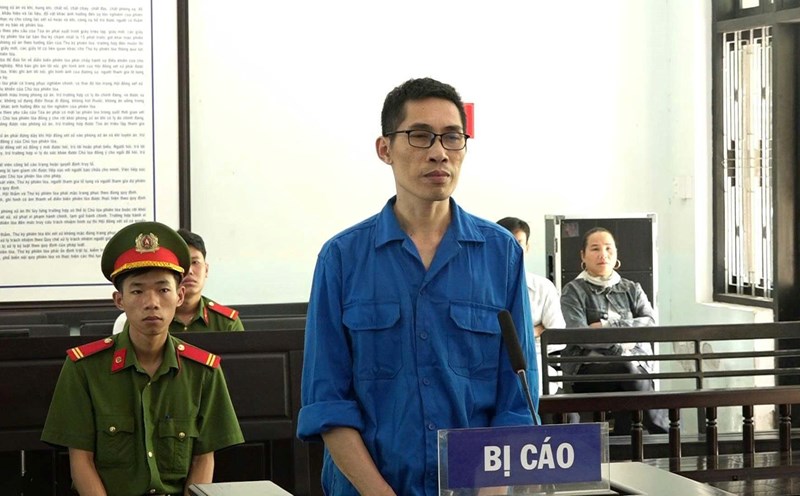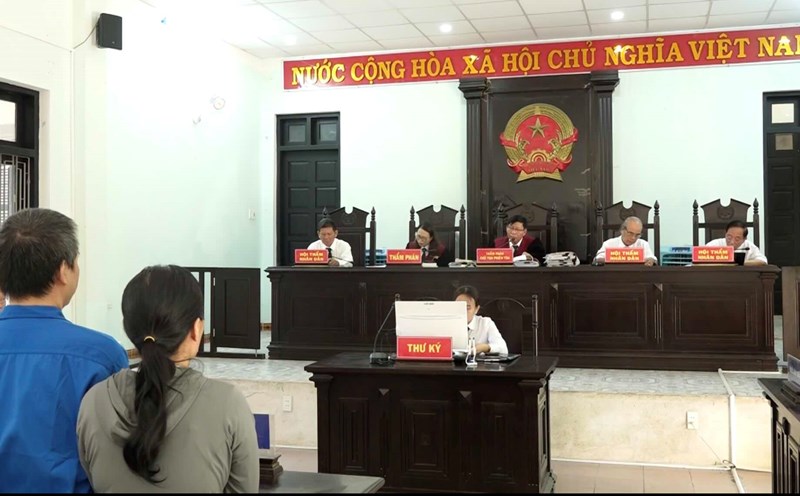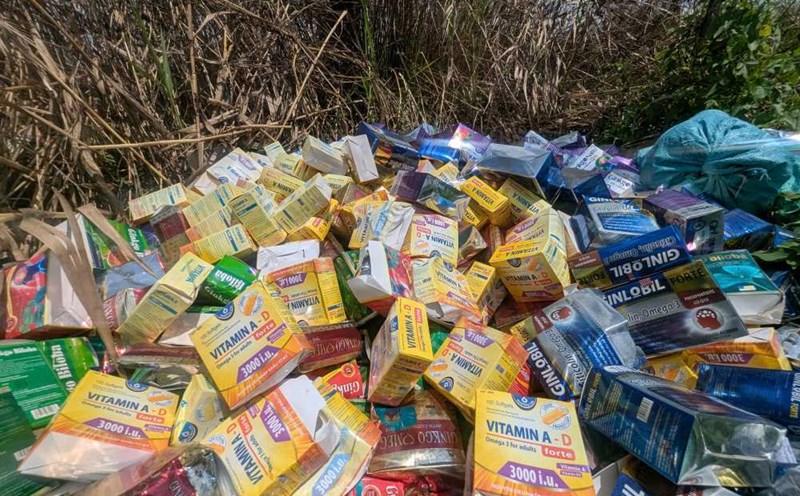On June 8, 2025, information from Thanh Hoa Provincial Police said that the Criminal Police Department of the Provincial Police had just summoned and fought with 13 subjects related to a cross-border property fraud ring.

13 subjects were criminally detained to investigate the behavior of "fraudulent appropriation of property", including: Trinh Ngoc Linh (SN 1990, residing in Lam Son ward, Thanh Hoa city) - the lead and leader; Ta Thu Ha (SN 1992, residing in Tao Xuyen Ward, Thanh Hoa City) - Master and lead; Phung Kha Dat (SN 1997, residing in Hoang Duc commune, Hoang Hoa district, Thanh Hoa) - Management; Ta Thanh Tung (SN 1995, residing in Ha Trung town, Ha Trung district, Thanh Hoa) - Management; Tran Mong Hoang Phuc (SN 2004) and Nguyen Ba Kien (SN 2006), residing in Ninh Hoa district, Khanh Hoa; Le Minh Tri (SN 2003) and Tran Hoai Linh (SN 2002), residing in Cao Lanh City, Dong Thap; Truong Ngoc Tu (SN 1990, residing in Hoang Duc commune, Hoang Hoa district, Thanh Hoa); Ha Thi Hien (SN 2007, residing in Than Uyen district, Lai Chau); Huynh Vinh An (SN 2000, residing in Go Cong Tay district, Tien Giang); Tran Chi Tam (SN 1997, residing in Cai Rang District, Can Tho City); Nguyen Thi Cam Huyen (SN 1998, residing in Thanh Phu district, Ben Tre province).
According to the initial investigation results, around July 2024, Ta Thu Ha and Trinh Ngoc Linh went to Bavet City, Svay Rieng Province (Cambodia), near Moc Bai Border Gate (Tay Ninh), to organize fraud activities. These two subjects rented a house in the autonomous area, coordinated with a Chinese subject to install 20 computers, equipped with a network system and equipment for the fraud.
Here, Ha and Linh attracted more Vietnamese people to participate, creating a Telegram group called "internal 1" headed by Ha. The subjects bought fake Facebook accounts, Zalo, impersonating women to get acquainted with men, and invited them to participate in "mission" on the Tiki e-commerce platform.
Initially, they provide simple, low-yield tasks to create trust, then lure victims to invest in more expensive tasks. When the victim was no longer able to pay more money, the subjects immediately cut off contact.
To conceal their actions, the Chinese subjects provided many corporate bank accounts in Vietnam, frequently changing them to receive money. After the money was transferred, Ta Thanh Tung was tasked with reporting to the payment center via Telegram. The cash flow was then converted into USD and returned to Ta Thu Ha or Trinh Ngoc Linh to pay for operating expenses and pay "salary" to the participants.
Initially, the authorities determined that this group had appropriated billions of dong from dozens of victims across the country.
The case is currently under further investigation.











